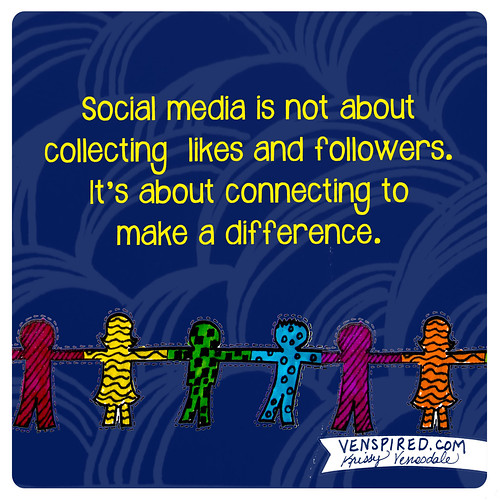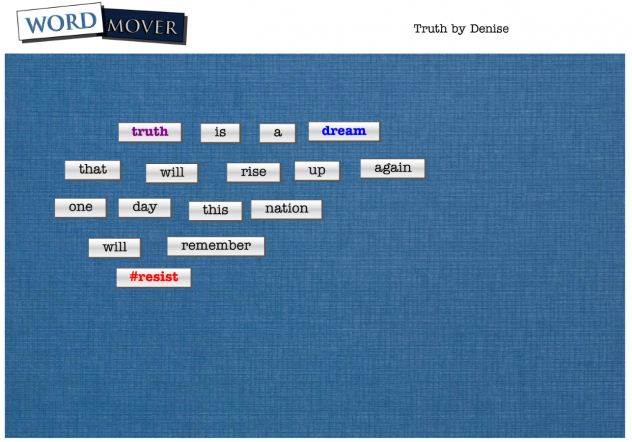This week’s #EdublogsClub Prompt #28 is about Digital Citizenship. We read this article on Nine Elements of Digital Citizenship based on the book Digital Citizenship in Schools by Mike Ribble and Gerald Bailey, published on the webpage DigitalCitizenship.net
The nine elements of Digital Citizenship:
- digital access
- digital commerce
- digital communication
- digital literacy
- digital etiquette
- digital law
- digital rights & responsibilities
- digital health & wellness
- digital security (self-protection)
The article is worth reading and mentioned aspects I had yet to think of as being part of digital citizenship, such as access, commerce, law and even health and wellness. Certainly all important aspects of digital citizenship.
For 20 years now, my students in a variety of grade levels (K-8 since the late 90s) have had digital access. Together we have learned about respecting fellow students’ digital file folders when they weren’t password protected, how to share six laptops for 25 students, managed a digital environment with MacBooks for all, and, of course, the never-ending learning curve of navigating the Internet. In the past and where I spend most of my time as teacher is on Ribble and Bailey’s elements of digital etiquette, literacy, and communication.
Teaching and modeling etiquette in many areas of life are important, I believe, and one of those areas is teaching digital good manners. We can’t let up or leave it to chance learning. It has to be taught explicitly.
Here is a Prezi I made with my junior high students in 2011. I believe it still has a lot of truth about Netiquette (or Internet Etiquette). It was inspired by this online summary of the book Netiquette by Virginia Shea, which is well worth the read.
We spend time on digital literacy and communication in class. My grade 5 students can do a lot already, but I try to take them to a more advanced level of responsible usage. For instance, we learn to use Creative Commons images instead of the ubiquitous Google search and snatch method. They learn to post photos and videos on their digital portfolio to share with their parents. They learn to create and edit Google documents while they write novels. And more.
In addition to etiquette, literacy and communication, there is another important element of digital literacy I model and teach. It is that of digital production. I attempt to inspire my students to be more than consumers. When they are with me, they produce–online publishing, forming connections with world-wide audiences, and adding their voice to make the Internet a better, warmer, friendlier place than it could be without them.



